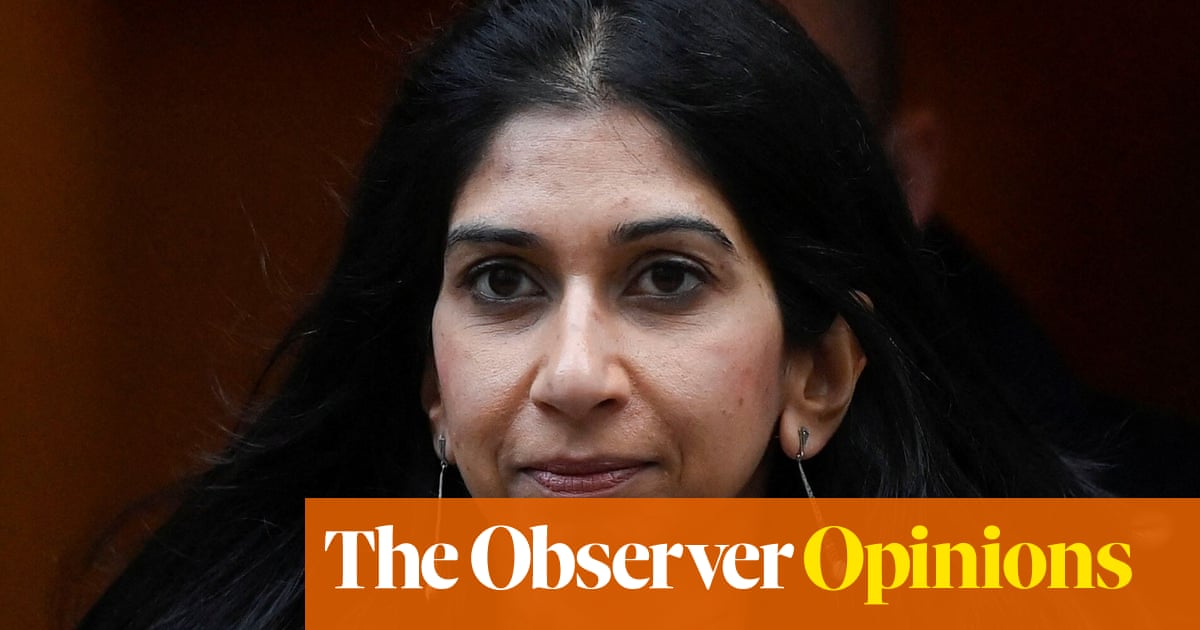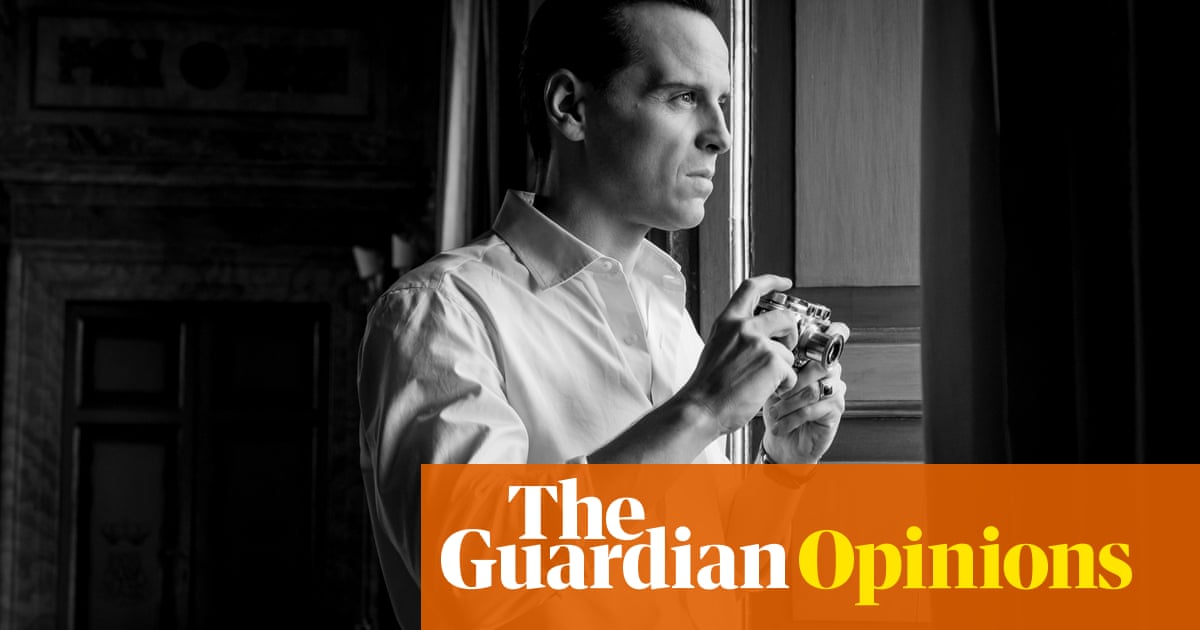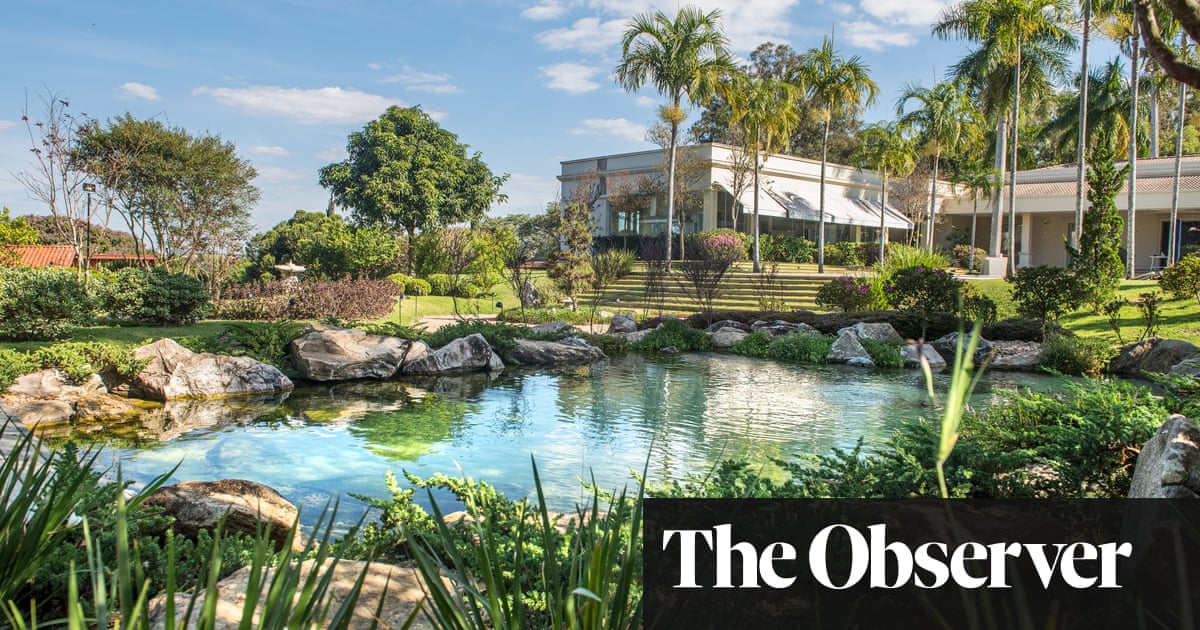
teenager this week harangued Britain’s chief medical officer, Chris Whitty, in the street as a liar, and then posted his attack on TikTok. It was, said Boris Johnson and Matt Hancock, “completely unacceptable”. The boy’s mother frantically apologised, explaining her 15-year-old son had “a keen interest in public affairs and politics”. His PlayStation would be confiscated.
At that point my screen switched from a Westminster street to a Moscow one. There a man was saying much the same of Vladimir Putin, whereupon a thousand security guards seized him and beat him up. In Washington at the same time ex-president Donald Trump was also being silenced, this time by the moguls of Twitter and Facebook from his 88m followers.
The policing of public discourse is everywhere in a state of chaos. Footballers and film stars are deluged with anonymous abuse. Mendacity about coronavirus – not reasonable scepticism – is allowed free rein at any cost to lives and liberty. Fake news feeds mob rule without restraint, correction or retribution.
When the historian Barbara Tuchman compared ancient Athens with today, she remarked that western civilisation had advanced by leaps and bounds except in one area, that of political behaviour. Now, as political institutions seem to crumble, we are back to shouting in the street, abusing, silencing, lying, censoring, taking offence and seeking revenge.
Behind every abuser of a Marcus Rashford or a Whitty – and for that matter a Putin or a Trump – is an anonymous army free to vent not arguments but hatred and spleen. John Matze, the former boss of the far-right platform Parler, boasted: “If you can say it on the streets of New York, you can say it on Parler.” The difference is that on Parler no one sees you and one voice becomes thousands.
What transformed Whitty’s incident into political theatre was TikTok broadcasting it to the world. Like Facebook and Twitter, it claims not to be a publisher. Of course it is. These platforms decide how to police their material, how to avoid harm and promote accuracy. They are publishers, as is the Guardian of this article. Facebook says it has paid out $52m in stress compensation to its content moderators. That is publishing.
It was not until five centuries after the invention of printing that journalistic ethics and regulation began to discipline the publication of news and information. Newspapers evolved from being voices of power to being roughly independent purveyors of fact and opinion. Freedom was regulated by concepts of taste, accuracy, impartiality and plurality of outlets. However poorly honoured, these underpinned news as vital to democratic debate.
I still find it baffling and frightening that social media can disregard all such disciplines. Under the spurious excuse of freedom of speech, these platforms authenticate falsity and abuse, public and personal. They disseminate information to millions that would not pass first base on a newspaper. The idea of debate means something only in a context of factual rigour and courtesy, or it is just screaming.
Unlike newspapers and broadcasters, social media are subject to virtually no external control. Staggeringly rich, they pay almost no tax or debt to society. They are a community of their own. The anonymity of their material gives them the power of the mob without risk of retaliation. As with mobs, they thrive on polarisation. Profit goes not to truth, but to numbers.
That the digital revolution – for all its blessings – should have been left to offshore capitalism to self-regulate was the great mistake of our age. Its power and its scope for choosing how it behaves is colossal. Anti-racism campaigners suggested last week that these companies instantly took down any breaches of commercial deals, such as sports advertising rights, so why not fake news or personal abuse? The answer is money.
America – without whom this discussion goes nowhere – is supposedly girding itself under Joe Biden to tackle internet regulation, as in the 19th century it did commercial monopoly and scandal. However, early reports suggest little enthusiasm for reforming section 230, the law exonerating social media from the accountabilities curtailing traditional publishers. That Twitter and Facebook turned on Trump only when it was clear he was losing power said it all. Cynicism still rules the day. But responsibility clearly lies with politics. Regulating this vast arena is a job not for moguls, but for democrats.
Simon Jenkins is a Guardian columnist












